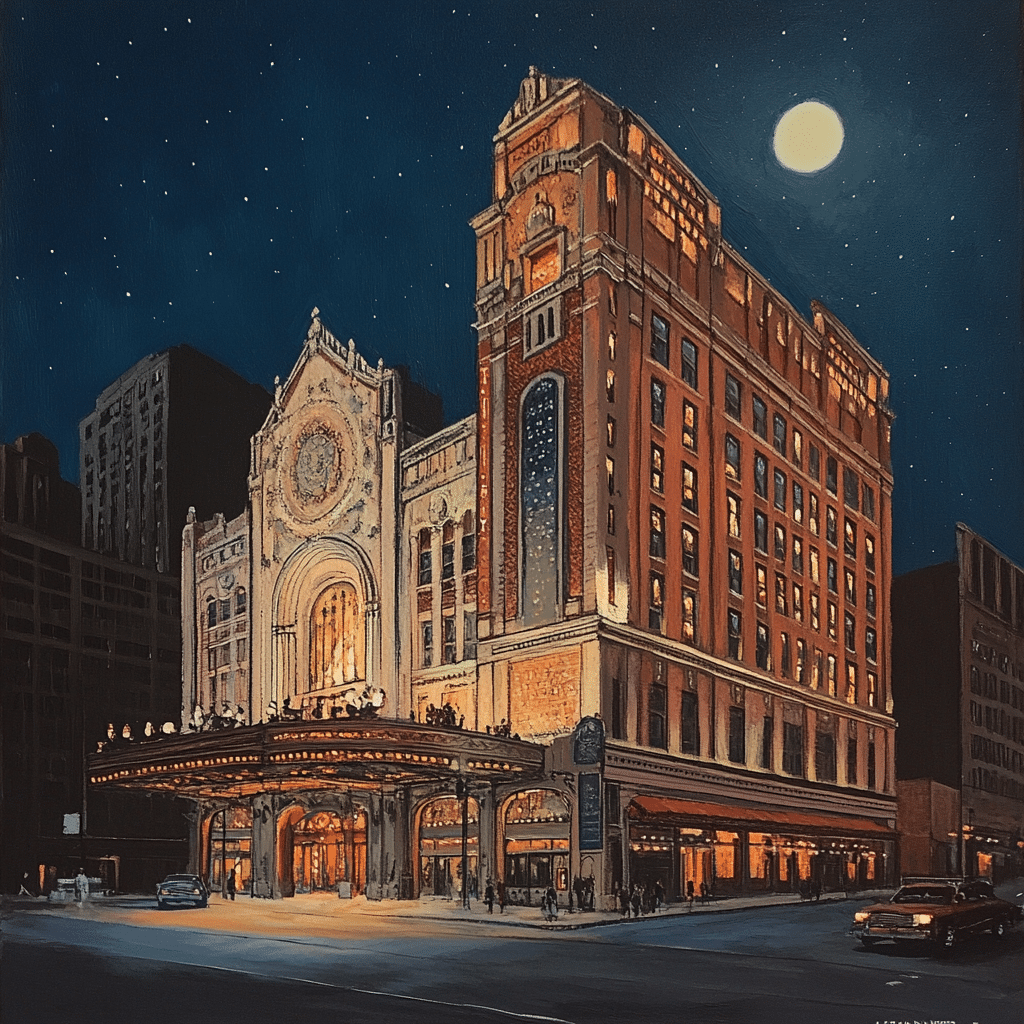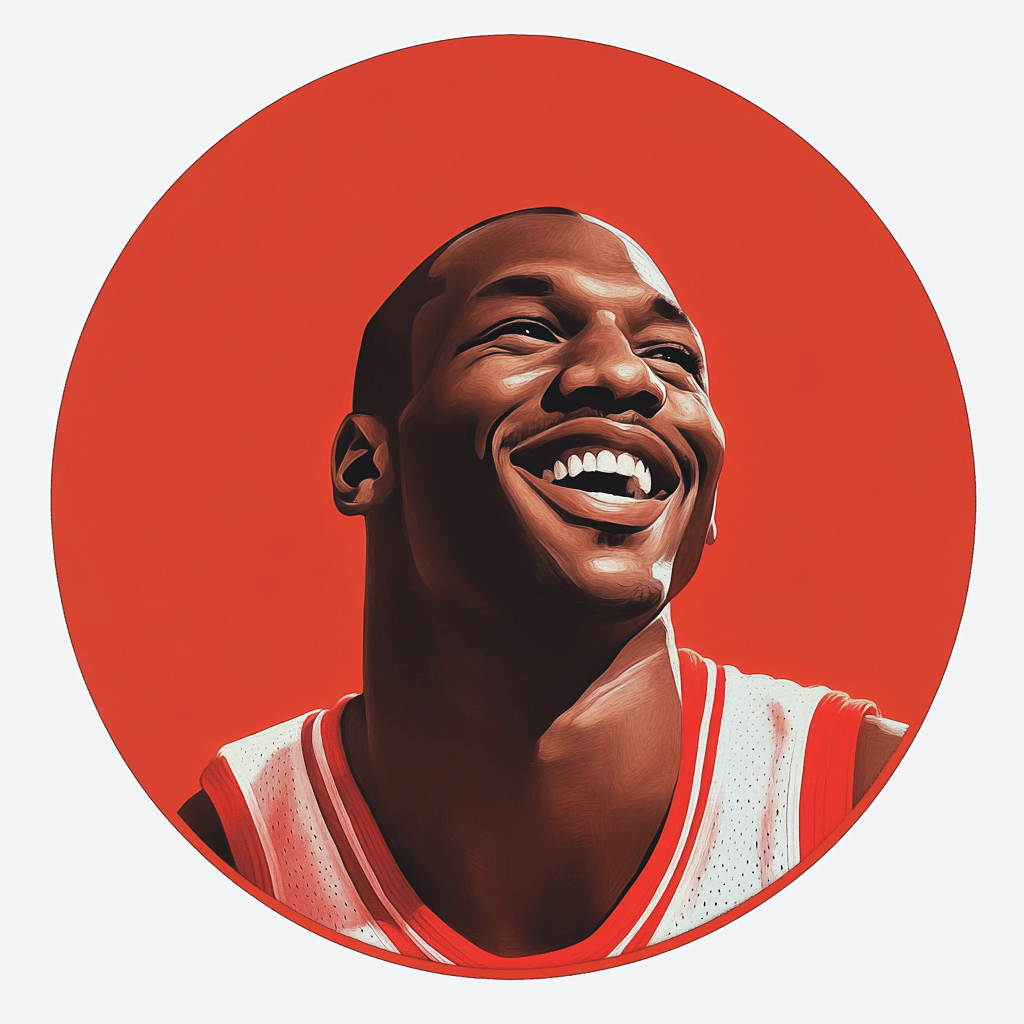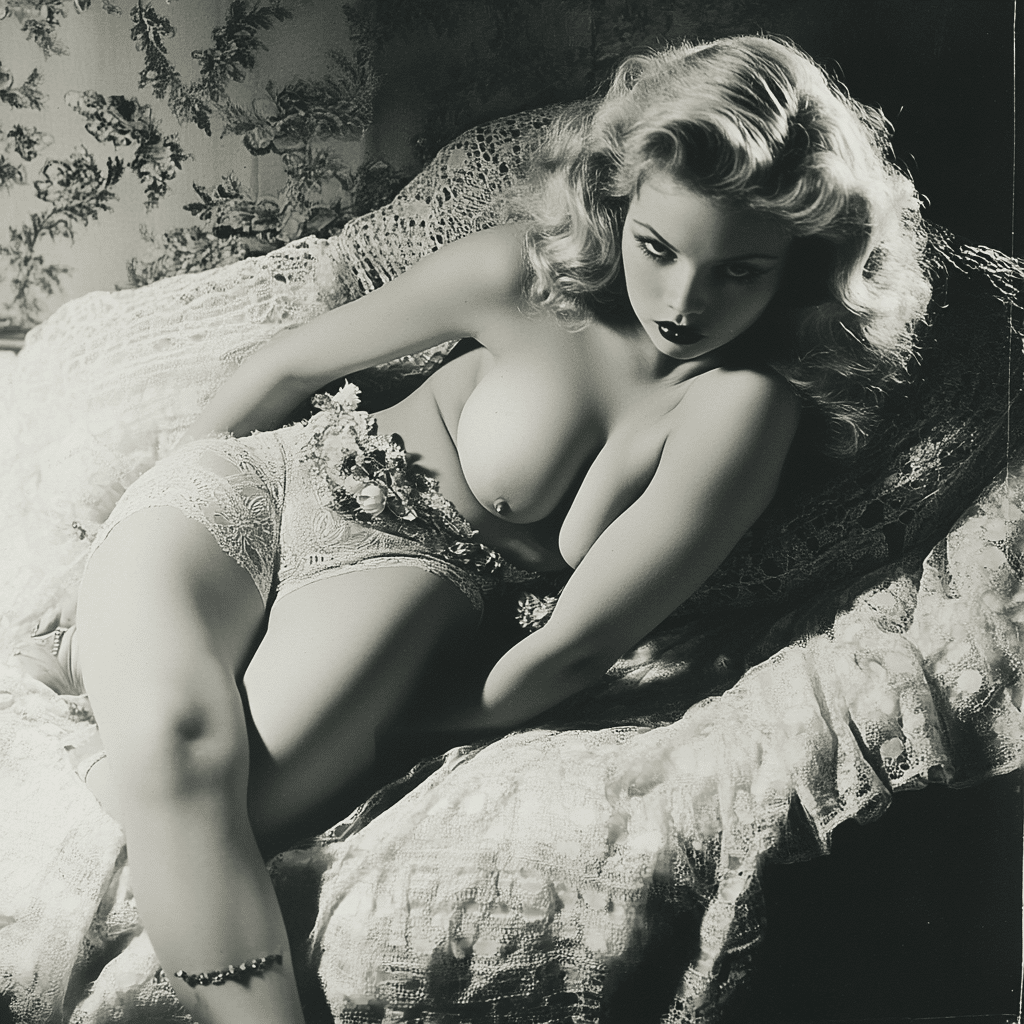Rudy Ray Moore, a name that might ring a bell for those who love a good chuckle paired with a shot of raw, unfiltered cultural commentary. At this point, you’re either nodding in recognition, or you’re scratching your head, wondering who the heck this guy is. Well, strap in, gents, because we’re diving headfirst into the life of a man who was part comedian, part guerrilla filmmaker, and all legend. Yes, fellows, we’re talking about the man, the myth, the legend: Rudy Ray Moore.
Rudy Ray Moore’s Undeniable Impact on Entertainment and Comedy
Before we shoot the breeze about the guy’s outrageous life, let’s lay down a hard truth: without Rudy Ray Moore, aka “the Godfather of Rap”, pop culture as we know it would be blander than a rice cake without any of that spicy topping we all love. The dude was a trailblazer, charting paths in comedy, cinema, and music that others would trod down decades later.
The Origins of Dolemite: Rudy Ray Moore’s Alter Ego
Picture this: a struggling comedian, juggling odd jobs, when suddenly – bam – an alter ego pops up like a jack-in-the-box. That’s right, Rudy Ray Moore wasn’t born a silver-tongued devil; he crafted that persona like a fine liquor bottle, finely aged and robust. This alter ego, Dolemite, became his claim to fame, a pimp with more shine than a diamond in the rough, whose flamboyant attire and unapologetic attitude captivated audiences.
Born in Fort Smith, Arkansas, Moore hustled harder than a pool shark on a good night. His pre-Dolemite days were anything but a smooth ride; the guy scraped by on sheer tenacity and a dose of humor that could make a statue crack a smile. But it was the creation of Dolemite, reflecting the raw street life and a caricature of blaxploitation archetypes, that catapulted him into the limelight.
Performance after performance, not unlike the unpredictable twists in a love after lockup scenario, the character of Dolemite permeated the Afro-American zeitgeist. It wasn’t just entertainment; it was a loud, proud statement draped in the cultural fabric of the era. Moore had his finger on the pulsating beat of the streets, and he played it like a maestro.
Dolemite
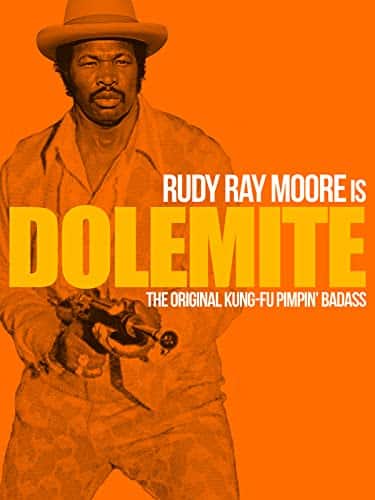
$9.99
Dolemite is a classic 1975 blaxploitation film that stars Rudy Ray Moore, an African American comedian who is widely recognized for his raunchy nightclub acts in the 1970s. The film features Moore in the role of Dolemite, a sharply dressed and quick-witted nightclub owner and pimp who is wrongly accused and sent to prison. With its distinctive blend of action, humor, and martial arts, Dolemite quickly became a cult classic, creating a lasting impact on the genre and African American cinema. The character Dolemite is known for his rhythmic dialogue, flamboyant style, and larger-than-life persona, which have all contributed to the enduring appeal of the film.
The aesthetic of Dolemite is unmistakably a product of its time, characterized by outlandish costumes, funky music, and gritty urban settings. Audience members are treated to a host of memorable characters and iconic scenes that represent the rebellious spirit of the 1970s. Not only does the film provide entertainment, but it also serves as a time capsule of the era’s cultural and social attitudes, particularly in the African American community. Despite being produced on a shoestring budget, Dolemite’s unique charm has inspired homage and parody throughout popular culture for decades.
Since its release, Dolemite has expanded past its initial cult following to be revered as a seminal work in the blaxploitation genre. The film’s legacy has been solidified with the release of “Dolemite Is My Name” in 2019, starring Eddie Murphy as Rudy Ray Moore, bringing the story of the original film’s creation and its impact on entertainment to a new generation of viewers. Fans of the original Dolemite and newcomers alike can appreciate the dynamic performance by Moore and the film’s influential role in shaping both an iconic character and an unforgettable moment in film history. Dolemite remains a must-watch for those interested in the intersection of comedy, action, and a pivotal cultural era in the United States.
The Untold Stories Behind ‘Dolemite’ Productions
Guerrilla Filmmaking and Shoestring Budgets
When you hear ‘Dolemite’ productions, don’t think MGM Studios with a budget bloated like the calories in an avocado. Think more ‘get-it-done-or-die-trying’, Semi-pro style. Moore’s approach to shooting films was akin to drafting a game plan with no timeouts left. Every dime squeezed, every resource stretched like the last drop of honey hitting your morning tea.
Recounting the tales from the sets, crew members might as well have been spinning yarns about an urban Robin Hood. They nabbed locations like a thief in the night and worked magic with next to no cash. Ever heard of creating an explosive car chase sequence on a budget that would barely cover your Calories in vodka count for the night? Rudy Ray Moore did it with finesse.
This wasn’t just about cutting corners; it was necessity breeding ingenuity. The lack of big studio funding meant that Moore and his crew had to pull rabbits out of hats daily. And they did, crafting scenes and lines that were raw, sure, but also unbelievably electric.
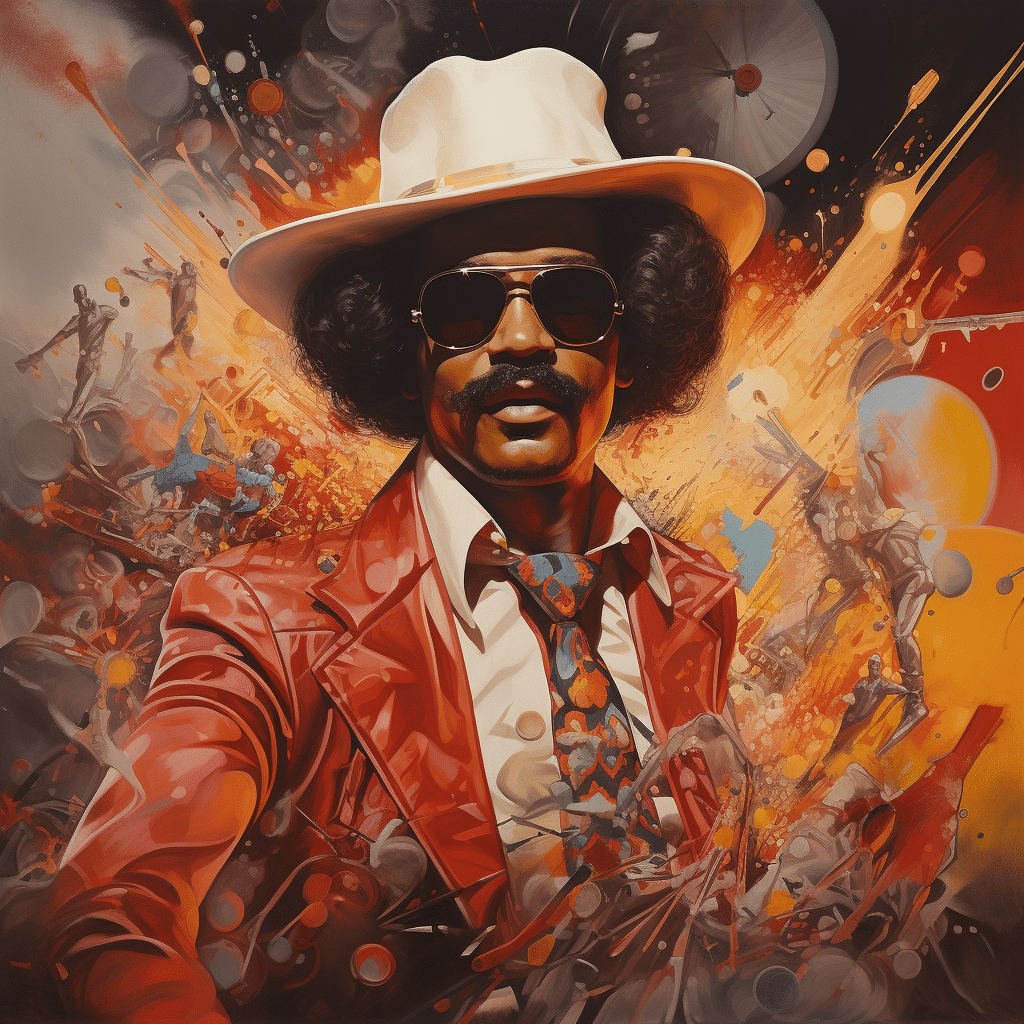
| Category | Details |
|---|---|
| Full Name | Rudy Ray Moore |
| Born | March 17, 1927 |
| Died | October 19, 2008 |
| Age at Death | 81 years |
| Place of Death | Akron, Ohio |
| Cause of Death | Complications of diabetes |
| Career | Comedian, actor, film producer, singer, entertainer |
| Notable Works | “Dolemite” film series |
| Influence | Pioneering influence on rap music; inspiration for many hip-hop artists |
| Net Worth at Death | $3 million |
| Early Career | Began as an R&B singer; moved to comedy in the late 1960s |
| Breakthrough Role | Dolemite (1975) |
| Sequels | “The Human Tornado,” “The Monkey Hustle,” “Petey Wheatstraw” |
| Albums | “Eat Out More Often,” “This Ain’t No White Christmas!” |
| Legacy | Known for his edgy, rhymed storytelling style; blaxploitation icon |
| Posthumous Recognition | Portrayed by Eddie Murphy in “Dolemite Is My Name” (2019) |
Rudy Ray Moore’s Role in Pioneering Rap and Hip-Hop Culture
From Rhymes to Rhythms: The Birth of an Icon
Before Snoop Dogg ever dropped a beat, before the world got hit with the Drake mem craze, Rudy Ray Moore was laying down rhymes that would echo through the halls of hip-hop history. His rhyming style wasn’t just groundbreaking; it was Earth-shattering, shaking the very foundations of what would become rap music.
Moore’s rhythmic prose, delivered with the fervor of a street-corner preacher, didn’t just influence hip-hop culture; he was the Big Bang, sparking a universe of wordsmiths to pick up the mic. The data backs it up — from references to samples, hip-hop artists acknowledge the genesis of their craft in his work. Snoop Dogg himself has said it, giving props where they’re due.
Overcoming Censorship: Rudy Ray Moore’s Battle for Expression
Pushing the Envelope on Screen and Stage
Now, Rudy Ray Moore wasn’t one to mince words or beat around the bush – and that rubbed some folks the wrong way. His content and performances weren’t just edgy; they were the blade itself, cutting through societal norms and expectations with the finesse of Christian Bale’s American Psycho character…except, you know, without the whole psycho part.
Enter the censorship battles, which Moore fought like a heavyweight champ. His performances, teetering on the brink of what was ‘acceptable’, danced with the devil of legal struggles. Oh, he had run-ins with the courts, alright, but never let them dim his shine. Freedom of speech? Rudy Ray Moore took that to mean freedom to speak his truth, no holds barred.
Dolemite [DVD] () Moore, Rudy Ray
![Dolemite [DVD] () Moore, Rudy Ray](https://www.granite-magazine.com/wp-content/uploads/2024/01/Dolemite-DVD-Moore-Rudy-Ray.jpg)
$49.99
“Dolemite [DVD]”, starring the legendary Rudy Ray Moore, is a blaxploitation classic that continues to entertain audiences with its unique blend of action, humor, and unforgettable dialogue. In this 1975 cult hit, Rudy Ray Moore plays Dolemite, a smooth-talking nightclub owner with a flair for martial arts, ready to take down his rivals and reclaim his territory. The film is renowned for its iconic one-liners, ostentatious costumes, and a soundtrack that perfectly encapsulates the mood of the era.
The DVD edition brings this explosive and charismatic film into the homes of aficionados and new fans alike, with remastered audio and visual quality to enhance the viewing experience. Special features often include behind-the-scenes footage, commentaries from film historians, and interviews with cast members that provide deeper insight into the making of this influential movie. The film’s raw and unapologetic energy, combined with Moore’s commanding performance, makes “Dolemite” a must-have for collectors and enthusiasts of 1970s cinema.
“Dolemite [DVD]” is not just a film; it’s a trip back in time to an era when independent filmmakers broke the mold and brought new voices to the silver screen. It serves as a bold statement of Rudy Ray Moore’s legacy as both a performer and a pioneer, influencing generations of comedians and filmmakers. Whether youre a longtime fan or discovering it for the first time, this DVD is an essential addition to any collection celebrating the history and evolution of action cinema and black entertainment.
The Man Behind the Hustle: Rudy Ray Moore’s Marketing Genius
Master of Promotion and Audience Engagement
If Rudy Ray Moore was alive today, he’d probably school half of the Instagram influencers on how to do their job. The man was a self-promotion pioneer, understanding before almost anyone that if you want to be seen, you’ve got to light the flare yourself.
His direct marketing approaches? A case study in human psychology. He’d show up at record stores, at screenings, wherever his audience was, pressing flesh and selling records faster than they could press ’em. This wasn’t your run-of-the-mill marketing; it was Rudy Ray Moore knowing his audience and how to reel them in, each one feeling like they were part of the Dolemite in-crowd.
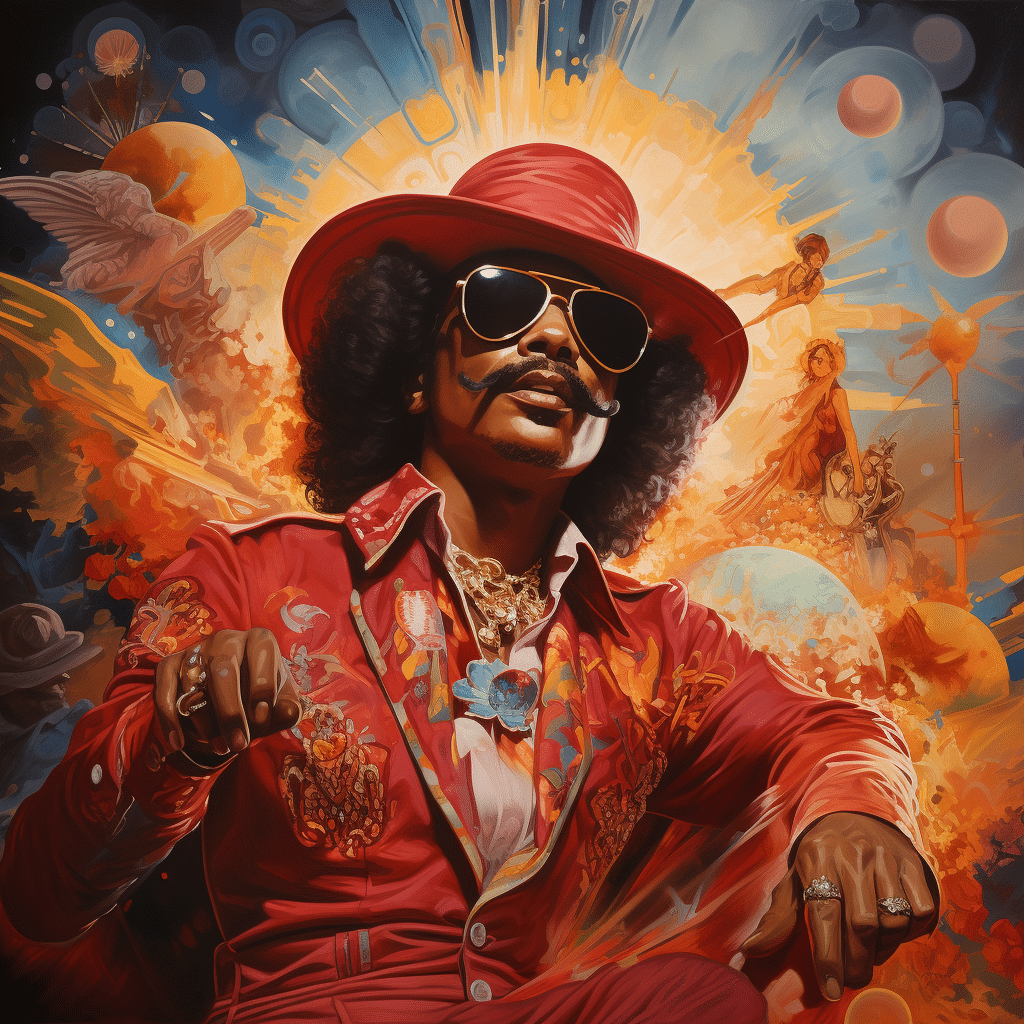
Dolemite’s Impact on Blaxploitation: A Genre Redefined
A Catalyst for Change in Black Cinema
The term ‘blaxploitation’ might conjure images of black actors in roles written with all the depth of a rain puddle. But Dolemite? That was different. Rudy Ray Moore took a genre known for one-dimensional characters and flipped the script.
His films stood shoulder to shoulder with the luminaries of the genre, yet Dolemite was anything but typical. Moore gave us a protagonist who was as complex as he was comedic, with a swagger that could make the cast of Semi-Pro look like benchwarmers. He didn’t just play the game; he changed it, setting the bar for what black cinema could achieve.
Rudy Ray Moore’s Legacy and Modern Reinterpretations
Eternal Influence and Continual Relevance
Even after his passing in Akron, Ohio, in 2008, the echo of Rudy Ray Moore’s bravado ripples through the entertainment world. His net worth of $3 million at the time of his death is a testament to his stature and the lasting power of his work. The cultural resurrection of Dolemite in Netflix’s ‘Dolemite Is My Name’ was the bell tolling for a new generation to sit up and take notice. Cultural commentators, comedians, and performers across the board – they’re all still gleaning nuggets of gold from the legacy of Moore.
I Can’t Believe I Ate the Whole Thing
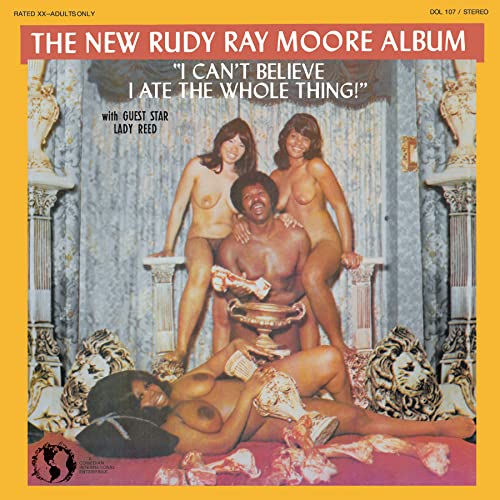
$13.98
“I Can’t Believe I Ate the Whole Thing” is a revolutionary new cookbook that’s capturing the hearts of food lovers everywhere. Bursting with an array of tantalizing recipes, this book promises dishes that are so deliciously irresistible, you’ll be tempted to devour them in one sitting. Each recipe is carefully crafted with a perfect balance of flavors, textures, and fresh ingredients, ensuring that every bite is an unforgettable culinary experience. Particularly aimed at home chefs looking to impress at dinner parties, the recipes are both approachable and awe-inspiring, promising a full table and satisfied smiles.
Beyond just recipes, this engaging cookbook is a testament to the joys of hearty eating and the pleasures of indulgent cuisine. The stunning photography within its pages showcases the finished dishes in such rich detail that you can almost taste the flavors through the imagery. Every chapter offers easy-to-understand instructions that will have even novices preparing gourmet-quality meals with confidence. Whether it’s the slow-roasted meats that fall off the bone or the sinfully good desserts, the book provides plenty of inspiration for those looking to create a memorable dining experience.
Not only does “I Can’t Believe I Ate the Whole Thing” cater to your taste buds, it also offers tips and tricks on how to expand your culinary repertoire and host like a pro. Readers will find smart advice on pairing flavors, making the most out of seasonal produce, and even how to repurpose leftovers into new, exciting dishes. It’s not just a cookbookit’s a conversation starter, a treasure trove of chef’s secrets, and a culinary guidebook all rolled into one. Get ready to loosen your belt a notch, because this book is designed to satiate the boldest of appetites and turn everyday meals into feasts to remember.
Conclusion
Looking back on Rudy Ray Moore’s life is like watching a juggler riding a unicycle across a tightrope – it’s thrilling, unpredictable, and absolutely genius. His story was a tapestry of ingenuity, woven with threads of humor, defiance, and unadulterated hustle. A magnetic force in the entertainment landscape then and now, Moore’s influence continues to inspire artists and entertainers who push the envelope and dare to be different.
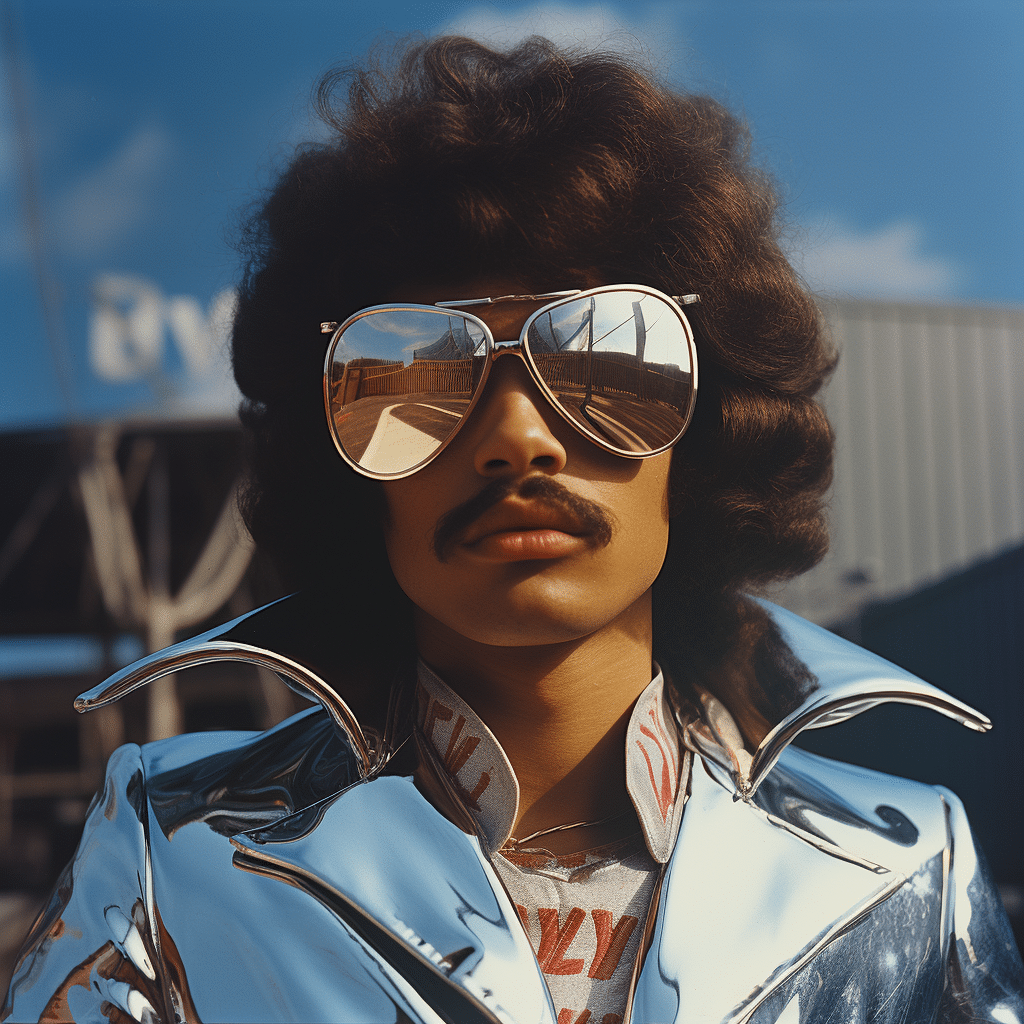
Remember, folks, this man didn’t just live; he lived with a capital ‘L’. Rudy Ray Moore, the godfather of rap, the architect of Dolemite, was the master of his fate and captain of a soul that refused to be put in a box. His legacy is as etched into the culture as any hip-hop legend — and just as spicy. Here’s to hoping that his spirit, sheer gusto, and entrepreneurial flair sparks the same fire in the bellies of future generations of performers and artists. Because after all, who doesn’t want a bit of that Dolemite dynamism in their lives?
Rudy Ray Moore: Unmasking Entertaining Realities
Rudy Ray Moore was far more than just a flash in the pan of comedy and cult cinema; this guy was the whole fireworks show! Let’s slice into some delicious and lesser-known facts about the Godfather of Rap, and I promise it’ll be more satisfying than learning about the Calories in an avocado.
From Church to Clubs: A Holy Transformation
Alright, truth bomb number one: before Rudy tickled funny bones with his raunchy rhymes, he was belting out gospel tunes in church! Talk about a 180, right? But just like an avocado going from green to just that perfect shade of delicious, Rudy Ray Moore ripened into his iconic persona, Dolemite, proving that versatility and a sprinkle of divine inspiration can take you from the pews to the spotlight.
A Cult Classic Icon Far Beyond Measure
Here’s a spicy one for ya—when you think of cult classics, your mind might wander to performances like Christian Bale in American Psycho, right? But ho-ho, hold up! Before Bale was even flexing in front of his mirror, Moore was out there spinning wild tales in rhymes so slick they’d make a hustler blush. His outrageous Dolemite movies didn’t just push the envelope; they kicked it off the table.
The Unsung Hero of Hip Hop
Ears perked? Good, ’cause this one’s a doozy. Lil’ known fact: Rudy Ray Moore played a bigger part in the birth of hip hop than many realize. Like that cool uncle who’s never front and center at the family BBQ but is definitely doling out wisdom, Moore’s rhythm and flow inspired legions of MCs. If rap had a family tree, Rudy’s branches would be heavy with influence.
Always in Season, Like Holiday Shopping
And hey, let’s get this straight—Ryan Day might be synonymous with strategies on the field, but Rudy Ray Moore was strategizing before it was cool, carefully crafting his raw image to stay perennially relevant. That’s right, just like Christmas decorations hitting shelves in October, Rudy knew the game and played it all year round.
The Real Deal Behind the Scenes
Hold onto your hats for this one. Behind the crudeness and the pimp canes, Rudy Ray Moore was an absolute workhorse. The man hustled harder than a last-minute shopper during a Black Friday sale. With almost no major studio backing, he was a DIY dynamo, proving you don’t need an entourage the size of a football team to make movie magic happen.
A Renaissance Man, Indeed
Bet you wouldn’t guess that this king of 1970s blaxploitation also pen-poised fairy tales! Yeah, you heard it right—an adult twist on childhood faves. Rudy did it all with the charm of a sly fox who’s seen it all.
Legacy Stronger Than Ever
And here’s the kicker, the cherry on top, the endzone dance: Rudy Ray Moore’s legacy has outlasted many of his contemporaries. The man has been sampled, shouted out in rap songs, and even lionized in biopics. His creative seeds have grown into an everlasting tree of funk, fearlessness, and sheer entertainment.
So, there you have it! Rudy Ray Moore wasn’t just a guy who talked a big game—he was the game. His truth is as bold and colorful as his larger-than-life persona. Whether you’re deep into film lore, busking in the beats of hip hop history, or Coach Ryan Day( shouting plays on the sideline, one thing is for sure—Moore’s cultural touchdowns are here to stay. And that’s the crazy, absolute truth.
What was the cause of Rudy Ray Moore death?
Well, folks, Rudy Ray Moore passed away due to complications from diabetes. This rough condition took its toll, and sadly, on October 19, 2008, he bid farewell at the age of 81.
How much money did Rudy Ray Moore make?
Talking dollars and sense, Rudy Ray Moore’s net worth wasn’t exactly Kardashian level, but the dude made a decent chunk of change. Estimates peg his dough at around $3 million, give or take – not too shabby for the Godfather of Rap, right?
Who is Rudy Ray Moore’s daughter?
Rudy Ray Moore’s daughter is a bit of a mystery; she’s kept low-key, and the spotlight’s never really been her thing. So, her name and deets aren’t out there making headlines.
How tall was Rudy Ray Moore?
Standing tall – well, relatively speaking – Rudy Ray Moore wasn’t your towering type. The man hit about 5 feet 10 inches in his prime, just a smidge over your average Joe.
Is Dolemite a real thing?
Now, Dolemite – the name’s real, as in, it’s a real character, but he’s not a walking, talking person you could run into. He’s Moore’s ultra-cool alter ego from the ’70s – a pimp and comedian with a swagger you couldn’t touch with a ten-foot pole.
What is dolomite based on?
“Dolomite” is based on the blaxploitation phenomenon of the ’70s, mixing action, funky beats, and street-smart humor that had audiences both groaning and cheering.
How old was Rudy Ray Moore?
Rudy Ray Moore was strutting his stuff for a solid 81 years before he took his final curtain call. Born in 1927, the man had quite the innings!
What happened to Rudy Ray Moore?
As for what went down with Rudy Ray Moore, he had a tough battle with diabetes. Unfortunately, the disease had the final say, and he passed away in Akron, Ohio.
Who was Dolemite in real life?
The real-life Dolemite is none other than Rudy Ray Moore himself. He brought the character to life, and boy, did he do it with pizzazz!
How much did Dolemite make?
Talking box office bucks, “Dolemite” pulled in a cool $12 million. For a ’70s indie flick, that’s a home run – talk about getting bang for your buck!
How did Eddie Murphy make his money?
Eddie Murphy, oh, he’s been laughing all the way to the bank! Between stand-up, SNL, hit movies like “Beverly Hills Cop,” and voicing lovable Donkey in “Shrek,” the man’s raked in a fortune – we’re talking millions upon millions.
How many brothers did Rudy have?
When it comes to siblings, Rudy Ray Moore wasn’t flying solo – he had four brothers. Yup, a pretty full house, I’d say.
How big was Rudy at Notre Dame?
Ah, Rudy at Notre Dame, talk about an underdog tale! Not big in the football sense – he was more of a heart-and-soul kind of big, the type you can’t measure with a tape.
How big was Rudy in real life?
And then there’s the real Rudy – Daniel “Rudy” Ruettiger, that is. The guy was just 5 feet 6 inches and weighed in at a featherweight 165 pounds while at Notre Dame. A small fella with king-sized dreams!




